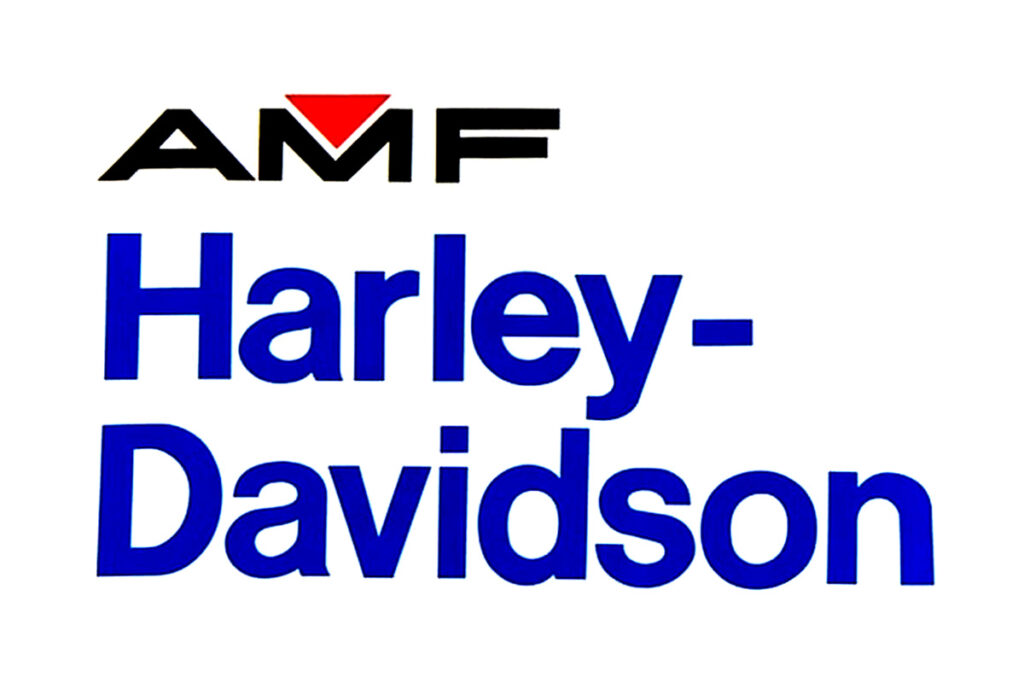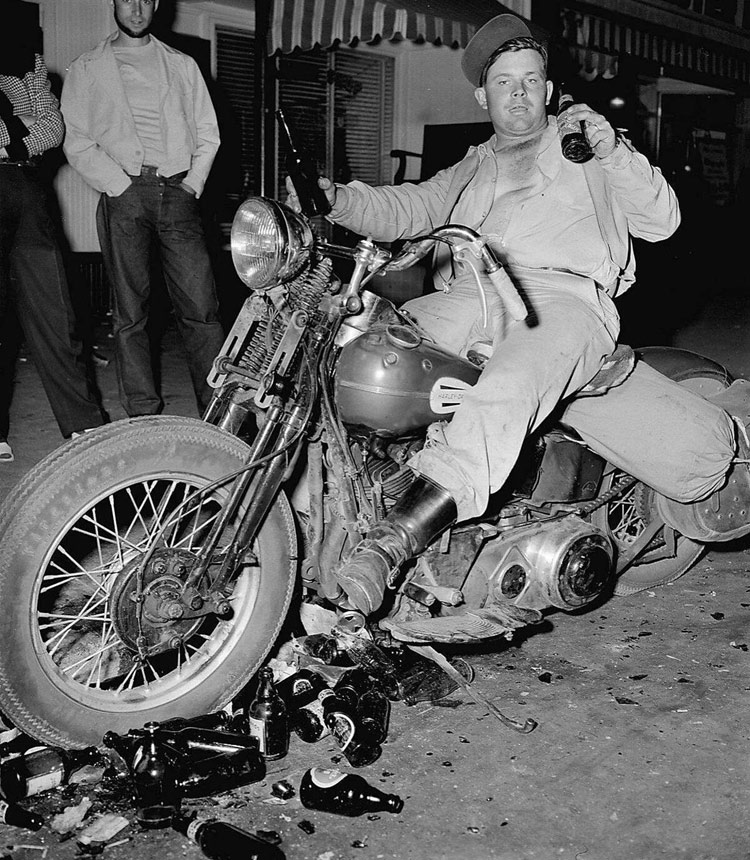
Rider vs. Passenger Marketing Skills
Why Riders Are Better Marketers
First, there’s a big difference between motorcycle riders’ and passengers’ marketing skills.
Having a motorcycle website and search engine services expert who rides is indispensable. Specifically, the reason is that nothing can substitute for what you learn and know by riding. And this applies to any biker website’s marketing person whose content your audience sees. Subsequently, it is best to have all your website content writers, on-page SEO, graphics person, web designer, etc., ride motorcycles rather than be passengers.
Yes, both a rider and passenger know more than a non-rider does. That being said, and respectfully, the rider will have the most knowledge. Note that men and women are riders, so this isn’t sexist. But it is just true that a rider has the experience, knowledge, and skills to operate a bike.
What Riders Uniquely Know
For instance, a rider will know the following:
- How to get a motorcycle off the kickstand properly without dumping the bike.
- Know what a fuel petcock is and what position it needs to be in.
- Understands how to use the choke when starting a motorcycle.
- Know how to get the bike in and out of neutral while moving.
- Coordinating the throttle and the clutch together is challenging at first.
- Knowing how to start moving on a hill. As you know, even before the motorcycle moves, there is much more to learn.
Yes, a passenger or a non-riding desk jockey can read about the above. But reading about and experiencing are two different things. I’ve read website content on biker sites written by a passenger and a non-riding technical or marketing desk jockey, which is often different.
Sometimes, it is immediately apparent to me that they don’t ride and that there’s a good chance that their information is inaccurate. In addition, it will be obvious to your motorcycle company’s website’s visitors, AKA your potential customers, that they don’t ride! This is a turn-off for them and hurts both your sales and branding.
Poor Knowledge Example
Here’s a good example – imagine you went into a dealership to buy a motorcycle. Let’s say you talk to someone who does not know how to ride. Can you rely on what this person says? The simple answer is no.
How can they truly describe how the bike corners? Can they tell you about the bike’s power band? Could they explain if the front end dips when you brake hard? Without a doubt, the answer is that they’d probably stumble with their words. Their explanation might be unclear or incorrect.
Would you buy the motorcycle’s model if you weren’t familiar with it? Would you buy a bike that you weren’t sure how it performed? Of course, you’d be much less likely to buy it.
Impact of Poor Website Product Information
Likewise, the information a non-rider creates for potential online customers often has the same problems. If your “expert” in motorcycle marketing doesn’t ride, it will be apparent on your site. Any experienced motorcycle rider will see it on the first page they read. Whether the home page or a product or service page, it is a turn-off.
As you know, every qualified biker visiting your site is valuable. And it isn’t just because the owner has spent lots of time and money getting visitors. But it is also because revenue is what keeps your lights on. Also, without someone knowing about riding, the motorcycle site’s conversion rate will drop, and total sales will be lower.
Non-Riders Impacting Your Brand
Often, because of poor or incorrect product explanations, your company will have more returns. And this means you have unhappy customers. As you know, dissatisfied customers aren’t repeat customers. Plus, they tell other riders about their negative experience.
* 71% of consumers stated that if they received poor customer service, they’d stop buying from a company (Truelist.co).
* 12 positive customer experiences are what it takes to offset the impact of a single negative customer experience (Ruby Newell-Legner’s “Understanding Customers”).
Notably, expertise and trustworthiness are essential to generating sales. You can read more about them in our online marketing statistics article.
Negative experiences hurt your motorcycle website’s future traffic and will hurt your bottom line. Plus, it will also hurt the overall brand. Just think about a motorcycle website and them not knowing about or how their products work is a horrible customer experience.
As you read, marketing skills and a biker background are needed to market a biker business successfully. You can learn the basics of motorcycle marketing.



